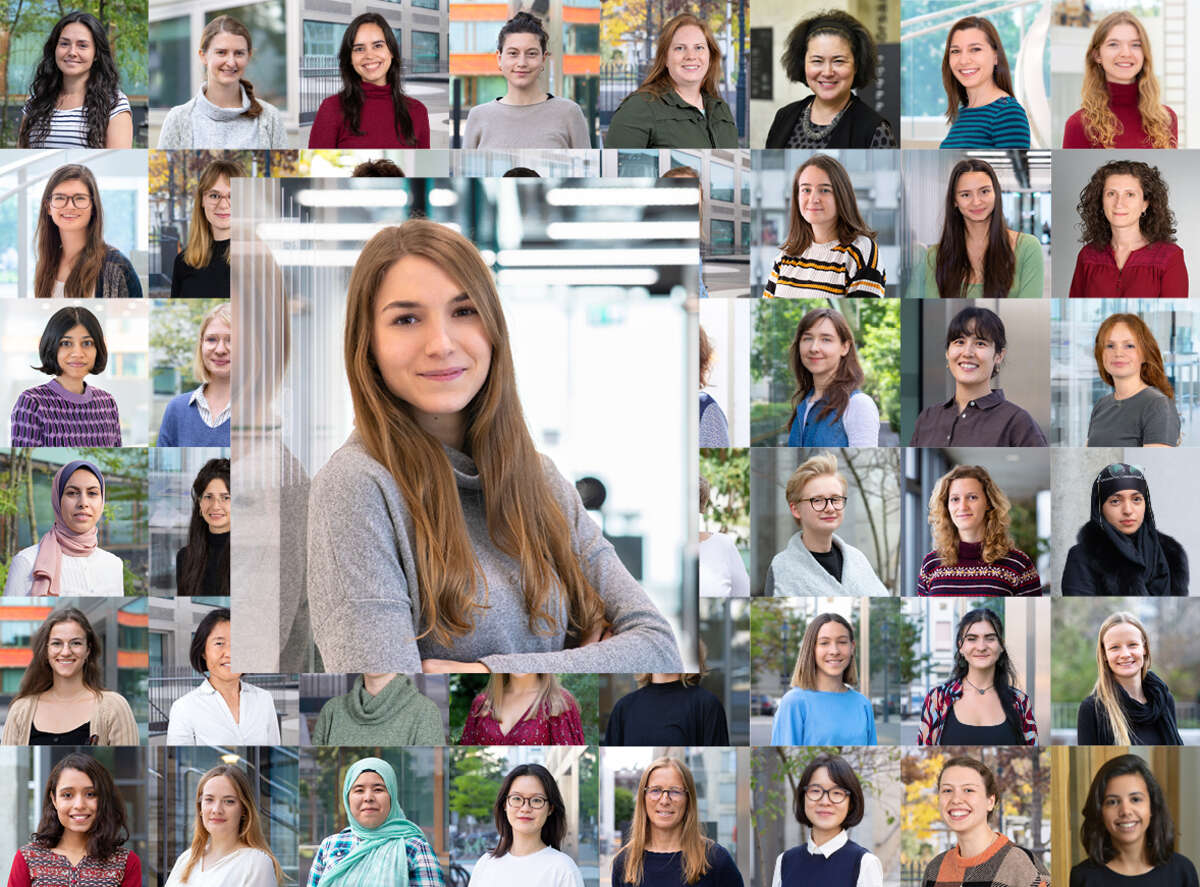Michelle Gut, PhD student, group Maria Hondele

What inspired you to pursue a career in science?
Already back in high school, I loved the STEM subjects. At fifteen, I took a bold step and moved out from home to pursue an apprenticeship as a lab technician. There’s something incredibly thrilling about conducting experiments to uncover the mysteries of how things work on a molecular level – especially when those discoveries could help answer larger questions. Driven by my passion for fundamental biology, I eventually enrolled in university to take my academic journey even further, eager to dive deeper into the science that fascinated me.
We often see a gender gap at the PI and Professors level. Why, and do you have ideas to share how to close this gap?
Women in science still face challenges such as unconscious bias, a lack of mentorships, and the difficulty of balancing professional and personal lives - especially when it comes to family responsibilities, which can lead to career interruptions. To address these issues, it is essential to raise awareness, recalibrate expectations, and foster supportive work environments. Additionally, the presence of female role models can serve as an invaluable source of inspiration and empowerment.
What role do mentors and role models play in shaping the careers of women in STEM?
Mentors and role models play a crucial role in shaping careers, opening doors to opportunities, and offering moral support during difficult times. Having support from someone who shares similar experiences can be incredibly validating. Feeling seen, heard, and understood can make all the difference in staying resilient and moving forward with confidence in a scientific career.
Do you think it is important that we celebrate the Women in Science Day?
Yes, I believe this is very important. This day provides a valuable opportunity to raise awareness about the ongoing challenges that women and girls are facing within the scientific community. More than that, it allows us to celebrate and recognize the significant contributions women have already made to science. By highlighting these achievements, we can hopefully inspire young women and girls to pursue careers in STEM.
What do you wish for the future?
I hope in the future we see a scientific community with equal opportunities that encourages everybody, regardless of gender, sexual orientation or believes, to pursue a scientific career.


